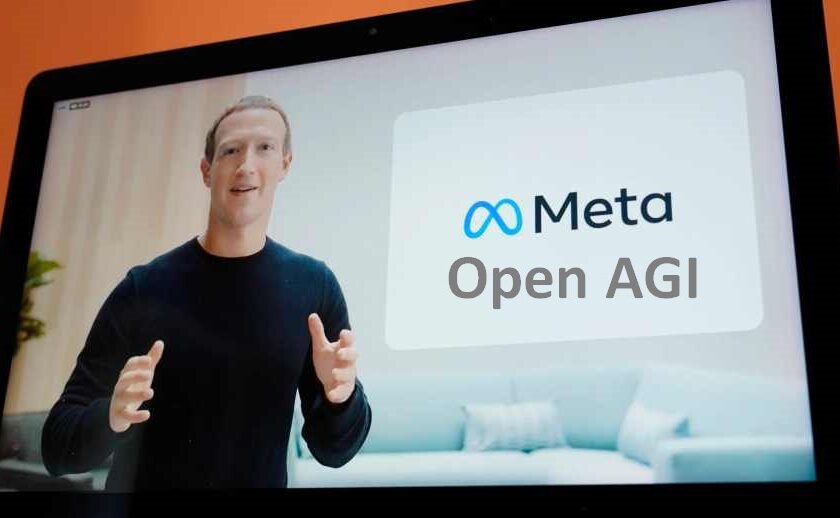Mark Zuckerberg dropped a bombshell announcement recently: Meta, the tech giant formerly known as Facebook, is diving headfirst into the development of open-source artificial general intelligence (AGI). This is a big deal, potentially accelerating the timeline for achieving this elusive technological feat and sparking debate about the ethical implications and potential consequences of unleashing such powerful technology.
What is AGI?
AGI, or artificial general intelligence, refers to a hypothetical type of AI that possesses human-level intelligence and understanding. It would be able to learn, reason, adapt, and solve problems in ways indistinguishable from a human. While we’ve made significant strides in narrow AI, capable of excelling at specific tasks like playing chess or recognizing faces, AGI remains the holy grail of AI research.
Meta’s Open-Source Approach
Zuckerberg’s announcement signifies a significant shift in Meta’s AI strategy. Traditionally, big tech companies have guarded their AI advancements as proprietary secrets. However, Meta is opting for an open-source approach, making its AGI research and code publicly available for anyone to inspect, contribute to, and build upon.
Potential Benefits
Proponents of open-source AGI argue that it could:
- Accelerate progress: With a global community of researchers and developers collaborating openly, breakthroughs could happen faster than ever before.
- Democratize AI: Open-sourcing AGI would make this powerful technology accessible to a wider range of individuals and organizations, potentially fostering innovation and solving global challenges.
- Increase transparency and trust: By opening up the development process, concerns about AI secrecy and potential misuse could be mitigated.
Challenges and Concerns
Of course, open-sourcing AGI also raises concerns:
- Safety and security: Ensuring the responsible development and deployment of such powerful technology will be crucial. Malicious actors gaining access to open-source AGI could pose significant risks.
- Ethical considerations: The ethical implications of AGI need careful consideration. Who controls this technology? How do we ensure it’s used for good?
- Competition and intellectual property: Companies and individuals might hesitate to contribute their own research if they fear losing out on potential profits or intellectual property rights.
The Road Ahead
Meta’s commitment to open-source AGI is a bold move with the potential to shape the future of AI. While challenges and concerns remain, the potential benefits for scientific progress and global collaboration are undeniable. As this story unfolds, it’s crucial to have open and informed discussions about the responsible development and deployment of this powerful technology.
